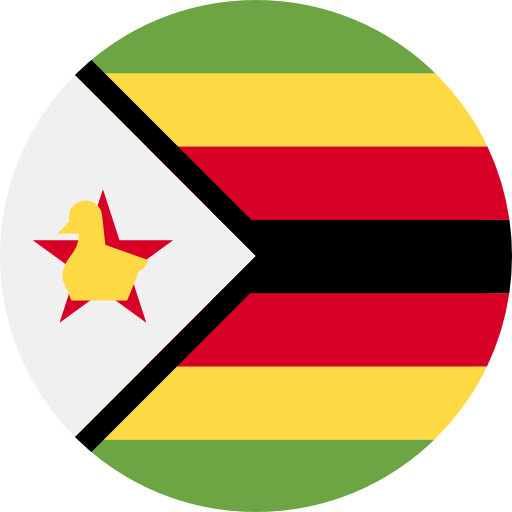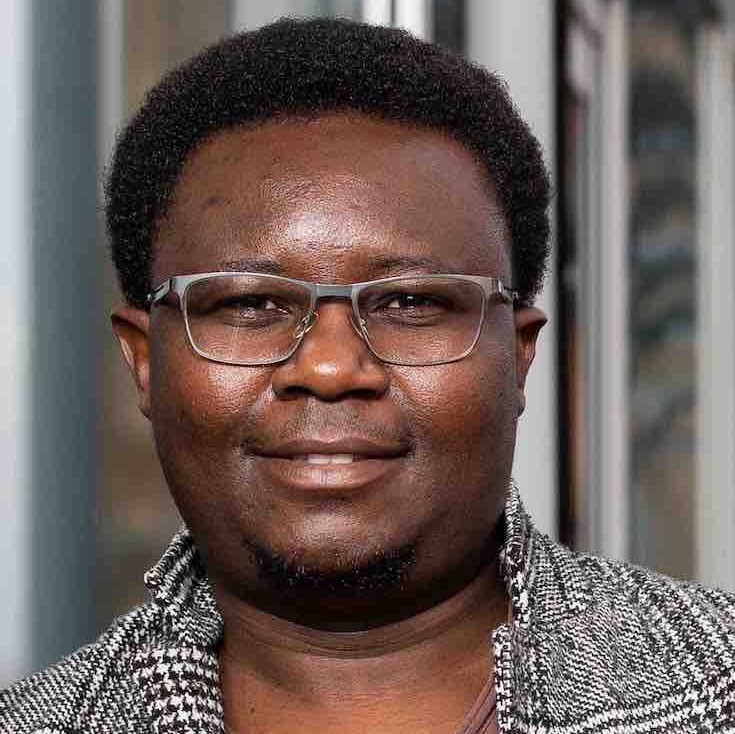What is your educational background?
PhD in Medical Statistics, University of Sheffield
MSc in Medical Statistics, London School of Hygiene and Tropical Medicine
BSc (Hons) in Statistics, University of Zimbabwe
What is your current occupation?
I am a Research Fellow in medical statistics at the Sheffield Clinical Trials Research Unit, University of Sheffield. I am involved in the design, conduct, analysis, and reporting of clinical trials. This involves the application of mathematics and statistical methods in medical research. Problem-solving is what I deal with daily. I also lead research on the application of innovative and efficient statistical methods to evaluate the therapeutic benefits and harms of new treatments, as well as facilitating the uptake of these methods in practice. The goal is for patients to receive effective and safe treatments as quickly as possible and for the research community to avoid unnecessary use of resources than required when conducting clinical trials. I am also interested in mentoring and training the future generation of researchers (e.g. medical statisticians) especially in low- and middle-income countries. Empowering others with knowledge is something that is very close to my heart.
What or who got you into STEM?
I was always curious and interested in using science to solve problems that we faced in order to improve our lives. I enjoyed problem solving at a very tender age.
What is the biggest challenge/barrier you have faced as an African in STEM?
The greatest barrier was getting appropriate advice on available opportunities and the steps I needed to take to reach where I wanted to be, especially from those with related expertise. The second was getting opportunities to showcase my abilities and financial opportunities to further my education. I was fortunate to receive my first fellowship through the Wellcome Trust – thanks to the support of Prof Liz Corbett.
How do you think your background/upbringing has been beneficial in your journey/career?
I am resilient and always thinking outside the box, which helps a lot in a problem-solving environment. I have a strong mathematics and statistics background including biology and chemistry, which makes my transition into medical research smooth. I do not hesitate to ask if I do not know something and need help. Finally, I am willing to help others whenever I can.
How do you think we can start to change the narrative surrounding African contributions
to global STEM research & careers?
I’m unaware of the underlying narrative that needs changing but I suppose there is a lot of untapped talent out there due to a number of reasons (e.g. lack awareness of opportunities, lack of support, lack of confidence, etc).
What advice would you like to give to young, aspiring Africans in STEM?
The value of networking is second to none.Don’t be afraid of failure and trying something new or outside your comfort zone. Don’t hesitate to ask for help if you need it. Surround yourself with constructive people. Explore available opportunities in this dynamic world,especially by engaging those in the field. Volunteering enriches your understanding of the world. Finally, remember to contribute positively to society – for instance, using your gained skills to solve the problems we face to improve our lives.
Do you have any projects you’re working on that you would like us to highlight?
1. I am collaborating with other researchers to create an online platform to educate researchers across disciplines on the practical application of adaptive designs in randomised trials. This open-access resource will provide self-paced remote learning covering a wide range of practical aspects around these innovative adaptive clinical trial designs (see https://panda.shef.ac.uk/the_team ).
2. I am involved in the training of other young researchers in low and medium income countries on the adaptive clinical trials (e.g. see https://isaric.tghn.org/credo/credo-workshop-2/). I plan to do more of these going forward and also supervise research student in Africa.
3. Some of my research work can be found via this link.





